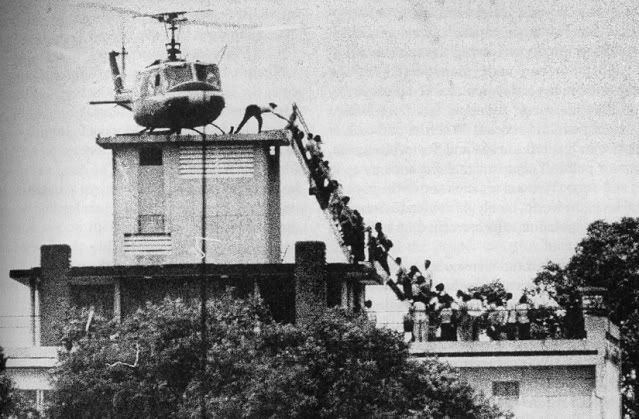A day for intense, personal irony.
The Nobel Prize winner explains how some wars are good and necessary. He’s not old enough to have ever been faced with being drafted. And he hasn’t served. He’s apparently not worried about things like quagmires. He wins an award for peace. The award it turns out was endowed by a maker of explosives who felt guilty about blowing things up. The prize winner explains to people interested in peace how war is sometimes necessary. He is not embarrassed to do so. And the sometimes when war is necessary, he informs us, is now. That does not embarrass him either. Or at least not very much. Has peace ever been so devalued?
Closer to home, well, to my home anyway, number 2 son is in Hanoi traveling and taking photographs. He’s a photographer. Forty years ago, I spent a lot of time and energy on trying not to get to Viet Nam. I could look at that big plane that flew weekly to Pleiku and plan on how I was not going to be on it. No matter what. Now he’s there. Because he wants to be. In of all places, Hanoi.
He sends me a photo of a fish dinner he ate for lunch in Hanoi yesterday. The fish was delicious but, he reports, very bony. What can I say? I tell him the best part of a whole fish cooked like this is the cheeks. You can use a spoon to get to them. How do I know that?

The Hanoi Fish
On docuDharma, a refuge from the craziness of a larger, group blog that is its “blogfather,” there are several essays on the recommended list at this very moment about that particular larger, group blog. And a bazillion comments, including some from me, on what its apparently self inflicted, fatal wounds might mean. And what is happening in that crazy corner of the Internet. A corner from which I am absent and hope to remain so. Except that I keep looking over my shoulder, rubbernecking at the crash. And wondering about the plane to Pleiku.
What can I say? Why is it that I think know I’ve seen these movies before?




